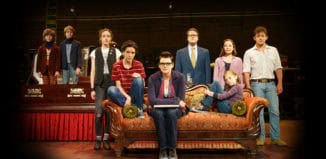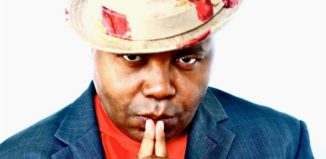In the last 20 years, societal attitudes towards the LGBT community have grown more accepting. The proof is in the rising visibility of gay and lesbian characters on television. However, our community will be a primary point of contention in the November election.
At issue will be the support for marriage equality and same-sex marriage. In 1996, DOMA—the Defense of Marriage Act—defined marriage as a “legal union between one man and one woman.” Since then, we have seen a few victo- ries: President Barack Obama recently declared DOMA unconstitutional, and in 2010 California overturned the ban on same-sex marriage (Proposition 8). Each state that has allowed same-sex marriage is a civil rights victory.
The current push for federal recognition of same-sex marriage is paramount, as the application of the federal law means that same-sex couples are simply not afforded the same rights as a married man and woman. As gay and lesbian advocates rally to promote same-sex marriage in the up- coming 2012 election, political change is ultimately a slow process. Candidates view it as a politically sensitive issue, yet the pressure to endorse it surrounds
President Obama’s re-election campaign. Progressive strategist Hilary Rosen revealed, “I find it impossible to believe that this presidential election will be completed without Barack Obama coming out strongly for marriage equality and Mitt Romney coming out strongly against it. I think it would be hard for him not to take a posi- tion.”
The political climate has started to reflect a need to focus on a community with no federal voice. Groups like the Mayors for Freedom to Marry are soliciting support. Los Angeles Mayor Antonio Villaraigosa is the co-chair of this initiative, and he, along with other Democrats, has expressed his desire for that party to advocate the inclusion of a same-sex, gay-friendly platform—one that reflects the changing dynamic—for 2012.
The LGBT community has gone from being viewed as immoral or mentally unstable to one that is slowly being welcomed into the American family. Although it is too early to identify the progress that we may see at the national level, one thing remains certain: The fight for marriage equality is permanently on the political horizon—proving to be yet another wave in the historical journey of civil rights.




































